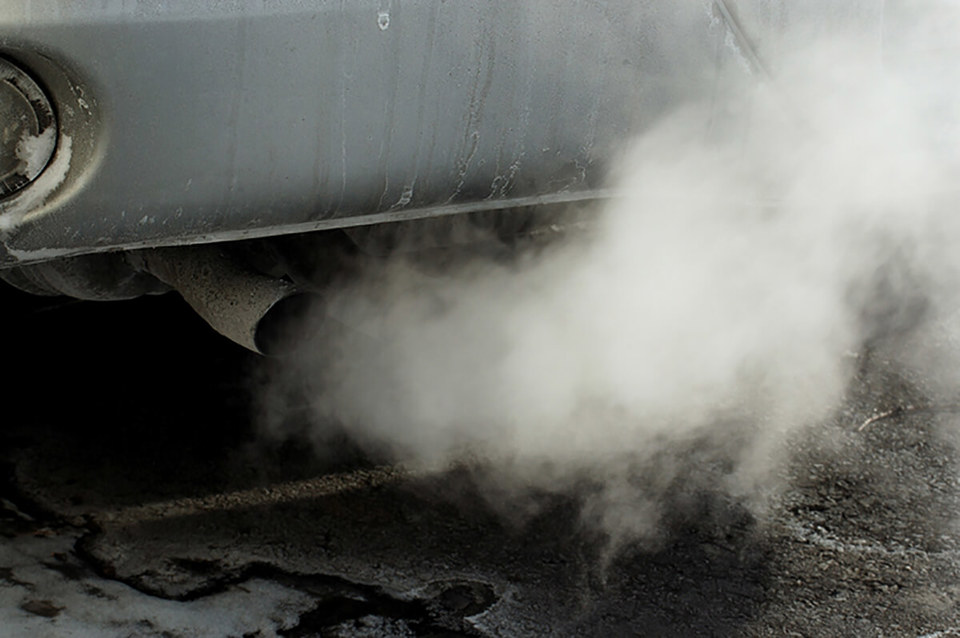New models of diesel and petrol cars will have to pass a new emissions test before they are allowed on Britain’s roads from Friday (September 1, 2017).
Under the old test, vehicles were tested in the lab on a rolling road but now they will have a 90-minute real world driving test. The limits are being introduced under European-wide reforms.
Transport minister Paul Maynard said: “We are taking strong action to clean up our air and these tough new emissions standards will reduce dangerous pollutants.
“This will ensure all vehicles meet rigorous standards when driven on our roads – and we are going even further tightening requirements again in 2020.”
The Government’s diesel testing programme last year found that today’s Euro 6 diesel cars were emitting six times more nitrogen dioxide in the real world than in the lab. Under the reforms, now they will have to slash those emissions by two thirds – helping clean up air in towns and cities across Britain, says the Government.
The new test is also designed to stop car manufacturers cheating on the emissions test.
During the 90-minute test vehicles will have emissions testing equipment attached to the exhaust pipe, and they must pass before they are approved to go on sale in Britain.
The vehicle will have to do roughly equal splits of town, countryside and motorway driving. The test will then be rolled out for all new cars on sale in Britain from September 1, 2019.
A working group, led by the British Vehicle Rental and Leasing Association (BVRLA), and including vehicle manufacturer representatives, data providers and fleet operators, held a workshop to discuss the IT system and data implications of the introduction of the new Worldwide Harmonised Light Vehicle Test Procedure (WLTP).
The Department for Transport has also recently set up a Market Surveillance Unit, which tests vehicles already on the road to make sure they meet emissions standards.





















Notreal - 29/08/2017 11:21
As with all emissions these will be very much related to the conditions the vehicle is being driven under. Very hot summer days will load the air-con unit (if considered - seem to recall these ended up switched off for the laboratory tests) but reduce engine warm up time, similarly cold winter days will merely require de-misting but the engine will take longer to reach operating temperature. So a step in the right direction but not as claimed "real world"